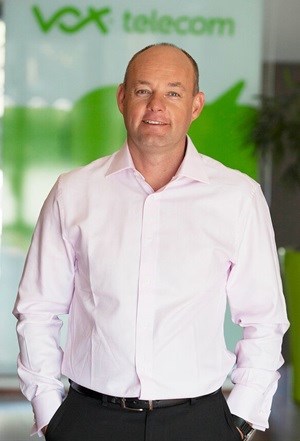
Cities around the world are increasingly turning to ICT to solve challenges arising from rapid urbanisation, inadequate infrastructure and residents' demands.
Smart cities collect data about themselves through a variety of means, communicate that data using wired or wireless connectivity, and then analyse the data to understand what is happening, and predict what is likely to happen in future.
While the smart city concept is gaining momentum in South Africa, local cities are still a long way off when compared to their counterparts in the US, Europe or - closer to home - with Dubai.
A major challenge deals with issues of legacy - it’s why we don’t believe that the first smart city in South Africa will be Johannesburg or Cape Town. These major urban areas have been built over a period of time using closed systems that aren’t designed to connect or communicate with each other.
Smart city initiatives often fail because of this siloed approach to city management, but overhauling these systems requires substantial investment. As such, turning these existing urban environments into smart cities takes time and upgrades need to be implemented in a staggered and economically sustainable manner.
However, this doesn’t mean that there aren’t any smart cities in South Africa: smart city environments are being driven by developers who are entering into strategic partnerships with ICT providers to deliver broadband internet access to planned mixed-use communities and large-scale shopping centres around the country.
Planning is critical and Vox has been working with multiple top-level developers in the country to ensure new developments are built with connectivity in mind from the very start. Without an abundance of data, and the ability to manage that data, a smart city or even a smart home cannot function.
Developers have also realised that providing open-access high-speed connectivity helps differentiate their properties in a competitive landscape and lay the groundwork for the creation of smart communities.
Economies of scale at such developments also mean it is far more cost-effective for connected homes to be offered off-plan. Some planned communities are even offering connectivity as a ‘fourth utility’ - in addition to electricity, water and gas - with the costs being added to the homeowner’s estate bill.
In summary, the key thing here is for companies to be integrated and form structured partnerships with aligned strategies with the developer in the relevant precinct from the get-go.
With a 100Mbps broadband link and Wi-Fi connectivity from day one, each home in one of these planned communities has the potential to be a smart home, with built-in security and entertainment being just the start.
This is then extended onto the broader community - technology can be used by authorities to better manage the use of street lights, the collection of waste, and to cut down on water wastage, while residents can find parking more easily.
We believe this is the true start of smart city development in South Africa. Our unique challenges require us to build from the inside out, with connected homes in multiple smart communities being combined to form smart city environments.
By partnering with the right ICT provider, these planned communities can use technology to tackle challenges such as safety and security, energy wastage, and traffic congestion more holistically, and provide new value-added services for residents such as smart healthcare.